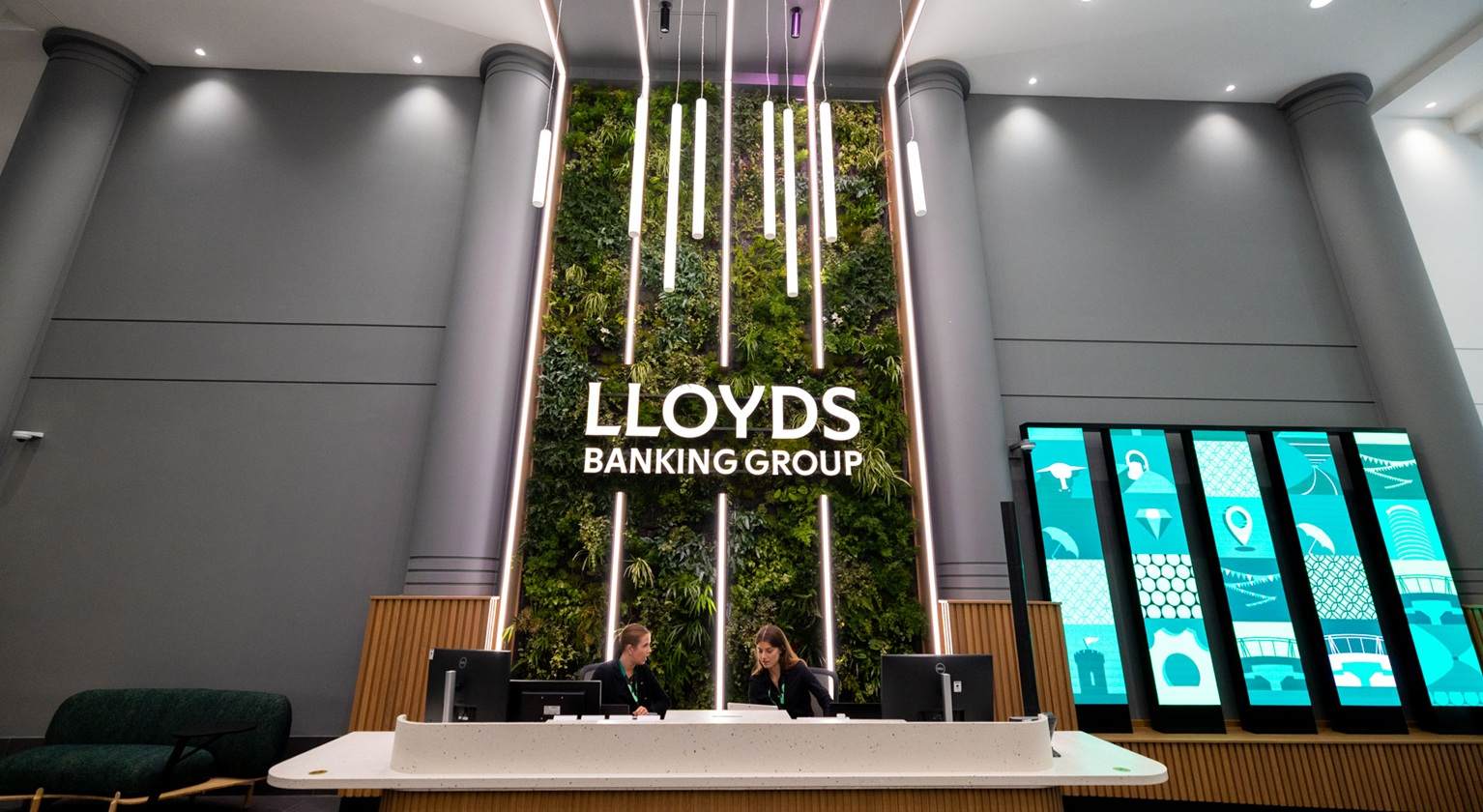The rise of artificial intelligence in 2024
Back in 2023, I mentioned the rise of micro communities – a further extension of the shift from globalisation to localisation, supported by developing technologies.
In 2024, though, I think we are going to see a “rise of values.” And we’ll need to think about a host of technologies and how they can work together. For example, we’ll need to consider how GAI and augmented reality might impact training in healthcare and schools, how it might impact the future of banking, and how GAI and programmable money might change how we shop and pay for goods and services.
The pace at which things are changing is incredible. But what is clear is that the need to run and operate systems that are adequately understood and controlled will be essential. The reaction in 2023, when experts called for the use and development of GAI to be stopped so we could take stock, understand and put controls in place, has resulted in various regulatory proposals surfacing across the globe. Whilst these proposals are not yet harmonised it’s clear that we need to care more about the impact technology has on our lives.
And if 2024 is the rise of values, it's also the rise of privacy; a shift from information being open to all (e.g., cookies that track just about everything), towards technology that is accessed on the user’s terms and in line with their values. I think we're going to continue to see controls, values and ethics dominate the AI market, alongside an increased rate of experimentation.
Then comes the friction between climate and GAI. The volume of data in our world has doubled in the last two years.3 All that data needs to be stored and processed to deliver valuable insights and engagement. That requires energy, which drives heat and carbon emissions. Indeed, the conflict between the demand for real time personalisation and the creation of the data to facilitate this is at odds with our collective focus on the climate.
To reduce carbon emissions, we need to reconsider how much new data we are creating and opportunities to use smaller data sets and lower compute power.
One opportunity could be local “edge computing”, where mobile phones themselves become personal processors. Personally, I’m hopeful for a shift to a focus on values, that we will also shift to a focus on humanity and how technology supports quality of life.














